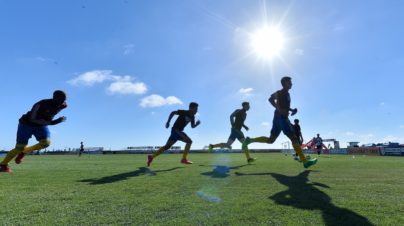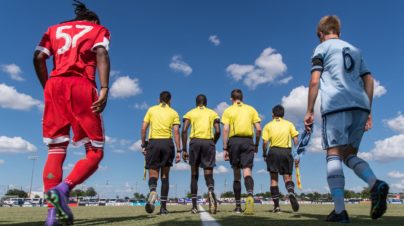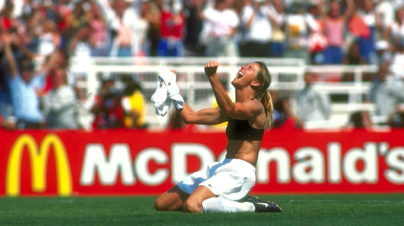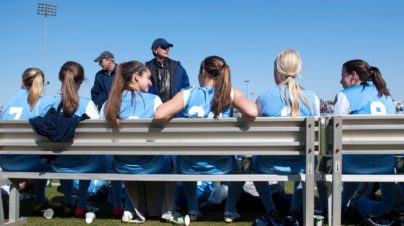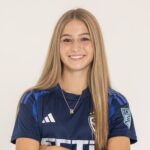The Coach’s Guide to Teaching: 4 keys for youth soccer coaches
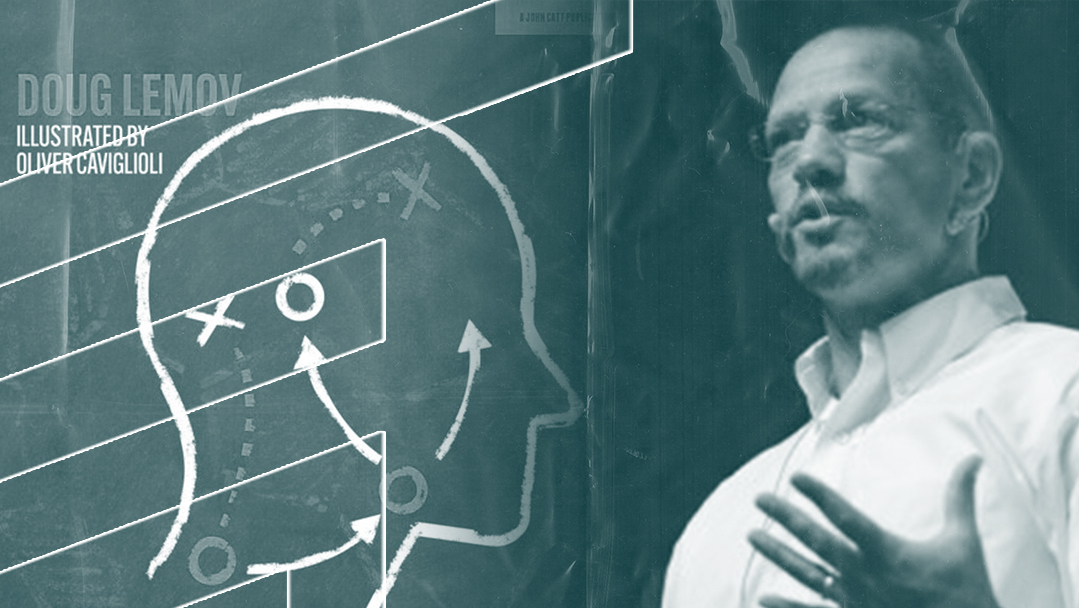
By Dean Linke (@DeanCLinke), Host of The ECNL Podcast
In 2020, we all were forced to turn into part-time teachers and “do-it-yourselfers” because that is what the world required in the COVID-19 pandemic. Listening in on this week’s podcast, I was struck how universally useful the discussion was for the times we are in.
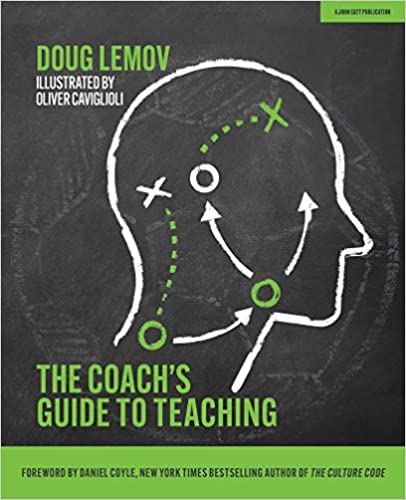 This was not just a lesson in soccer coaching from a notable author – this was a podcast for every parent homeschooling, every coach at every level in every sport, every teacher remote teaching, and every manager on zoom. Doug Lemov and Christian Lavers had an insightful conversation about Doug’s new book, The Coach’s Guide to Teaching, and based on the discussion, it is pretty clear that the knowledge in the book breaks the lines of soccer!
This was not just a lesson in soccer coaching from a notable author – this was a podcast for every parent homeschooling, every coach at every level in every sport, every teacher remote teaching, and every manager on zoom. Doug Lemov and Christian Lavers had an insightful conversation about Doug’s new book, The Coach’s Guide to Teaching, and based on the discussion, it is pretty clear that the knowledge in the book breaks the lines of soccer!
Below are my quick layman takeaways from this fantastic discussion, although my suggestion to everyone is to listen to the full discussion yourself, share, and buy the book – a great holiday addition to just about everyone who wants to know more about how people learn.
Coaching is teaching in an athletic environment. A great teacher thinks about how the brain works and how people learn, and then tries to teach with that understanding in mind for the best results. So how does one most effectively do that?
This podcast has some cliff notes on tips that could apply to so many areas of life:
One thing at a time – We are taught as kids to do one thing at a time. Yet when coaching we sometimes forget. We pause play, give five directions to the team, restart play with these new directions, and then sometimes we stop it with even more information a few minutes later. Chances are when you blow the whistle and yell “stop,” only some of those instructions will happen. The more you tell the players, the less they’ll learn. Give one instruction at a time, give the players time to think and apply it, and then reenforce it before moving to the next direction.
Memory – According to scientists, forgetting isn’t a sign of aging, it’s a human characteristic. As soon as players walk off the field they start forgetting – 12 hours later they may remember only 50% of what they learned if it is a new concept! Each time you review the same skill in subsequent days and weeks, players remember quicker and forget less. Coaches should plan to layer in repeated topics over time, with additional detail, so when game day comes the players are best prepared to apply what they have done in training!
Nervous eyes and Quiet eyes – Nervous eyes refer to athletes that are scanning and trying to take in everything in the environment to determine what the best decision is, while quiet eyes are focused on looking for the most relevant and important cues to inform their next decision and action. One might think that scanning and seeing everything is the most effective way to make informed game decisions, but cognitive science actual shows that quiet eyes are the best way to make decisions – eyes that focus on only what they need to and ignore the distracting information. Athletes need to be coached to look for the relevant information (the “signal in the noise”) to make the right game day decision.
Vocabulary – This topic reminded me of the old game of telephone. The message starts out clear, but as it is relayed each person thinks they understand and are communicating accurately, but, in the end, the message has changed. Coaches in clubs all need to use the same language or terminology when speaking to players. If they don’t and each coach has different terms or ways of describing important concepts, there will be frequent misunderstandings – where a word that the coach thinks means one thing may mean something different to a player, or at least have a different interpretation.
These are just some of amazing insights from the podcast. As we head into a New Year, there is no better time to listen in on ways to improve your coaching in 2021. To subscribe to the ECNL Podcast, Click Here.
SOCCERWIRE MARKETPLACE
- FC Bayern Soccer Camps - $30 PROMO CODE: BMSOCCERWIRE
- Real Colorado Cup 2026
- Join a College Coaches Showcase Camp Today
- MICFootball Punta Cana 2026
- Dana Cup Hjørring 2026
- 15th Annual Loudoun Soccer College Showcase
- OFFICIAL FC BARCELONA SOCCER CAMPS - PROMO CODE: FCBSOCCERWIRE
- New England Copa Surf 2026
- Adidas National Cup 2026
- Boston International Cup Memorial Day 2026


